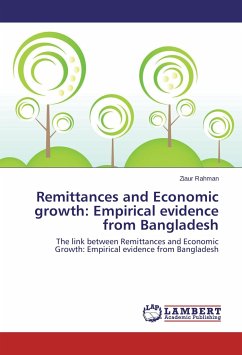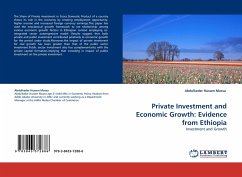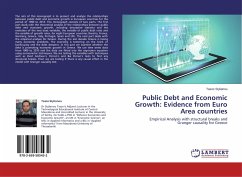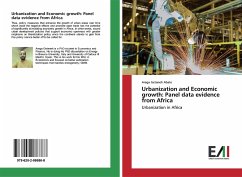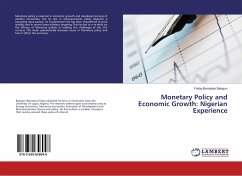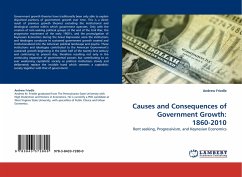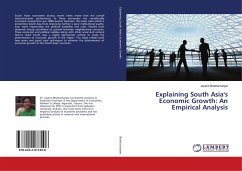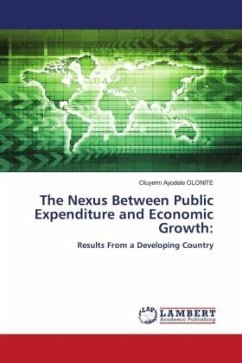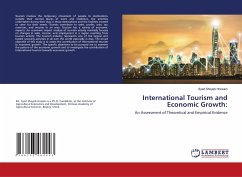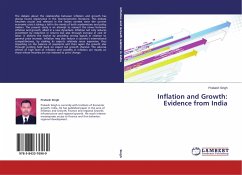
Inflation and Growth: Evidence from India
Versandkostenfrei!
Versandfertig in 6-10 Tagen
41,99 €
inkl. MwSt.

PAYBACK Punkte
21 °P sammeln!
The debate about the relationship between inflation and growth has always found importance in the macroeconomic literature. This debate becomes crucial and relevant in the Indian context since the current economic crisis is taking a toll in the minds of both academicians and policy makers. The present study is an attempt to reassert the nexus between inflation and growth, albeit in a new dynamism. Inflation not only reduces investment by reduction in returns but also through increase in cost of labor. It distorts the market by providing wrong signals in relation to general price increase. Infl...
The debate about the relationship between inflation and growth has always found importance in the macroeconomic literature. This debate becomes crucial and relevant in the Indian context since the current economic crisis is taking a toll in the minds of both academicians and policy makers. The present study is an attempt to reassert the nexus between inflation and growth, albeit in a new dynamism. Inflation not only reduces investment by reduction in returns but also through increase in cost of labor. It distorts the market by providing wrong signals in relation to general price increase. Inflation may also reduce a country's international competitiveness, by making its exports relatively more expensive, thus impacting on the balance of payments and then again the growth also through putting hold back on export led growth channel. The adverse effects of high level of inflation and volatility in inflation are mostly on those whose incomes are not indexed to price change.



